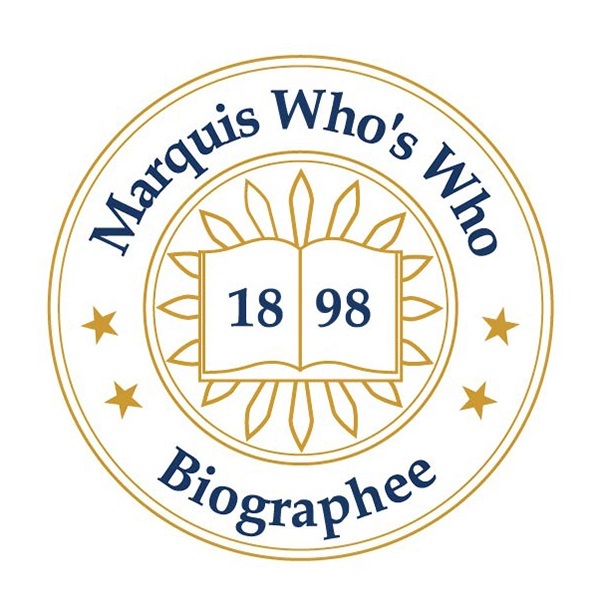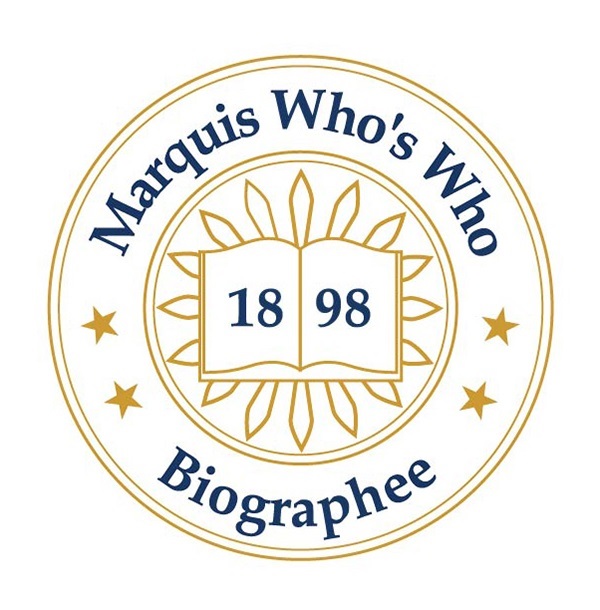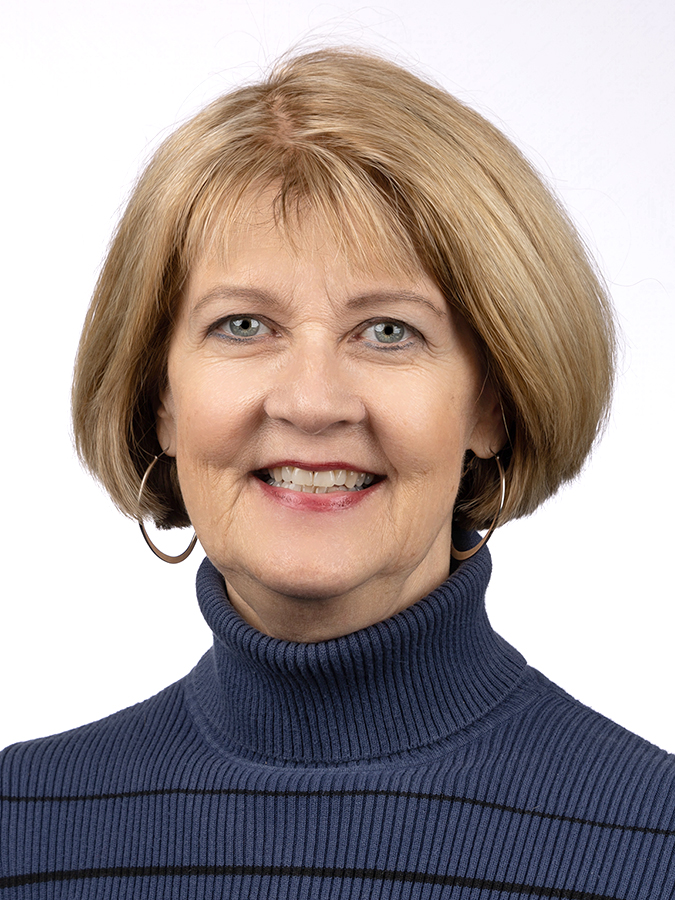Survey data from over 2,100 15-18 year olds gathered by drug education charity the DSM Foundation has shown that 46 per cent of respondents say that nicotine pouches – often referred to as “snus” – are one of the main substances used by their peers. This survey was the first in which nicotine pouches were pulled out as a named drug, in response to frequent mentions in the “other” category for the survey used for the 2023-24 academic year by the DSM Foundation. Nicotine pouches are known by a variety of names, including snus and nicopods, and there are several brands available including Nordic Spirit, Zyn and Velo, in a variety of flavours.
Students in Years 11-13 (or equivalent in Scotland) are asked to complete the survey anonymously ahead of a workshop delivered by one of the DSM Foundation’s drugs education team members. Surveying students in this way means the charity gains valuable insight into a range of topics to identify what will be of most relevance to the group they will be working with, including any drugs education the students have previously had, any subjects they particularly want covered during the DSM Foundation session, and their perceptions about substance use, behaviours, attitudes and motivations of their peers.
In response to the question “Which are the main substances people in your year group use, if they do?”, vaping remained the most popular answer with 95 per cent of respondents citing it, followed by alcohol at 91 per cent, cigarettes at 67 per cent, and cannabis/weed at 66 per cent. The next most commonly given answer had previously been cannabis edibles, but this data set showed nicotine pouches in fifth place. Cannabis edibles followed at 34 per cent, then ketamine at 18 per cent, nitrous oxide at 14 per cent, cocaine at 12 per cent, magic mushrooms at 11 per cent, MDMA/ecstasy at 10 per cent, steroids at 8 per cent, LSD at 6 per cent, and benzodiazepines at 3 per cent. With the exception of nitrous oxide – which was moved from the Psychoactive Substances Act 2016 to the stricter Misuse of Drugs Act 1971 in November 2023 – there was little change in the data.
Interestingly, acceptability of use of nicotine pouches was lower than might be expected, with around a third of survey respondents deeming it “not OK to use”, more than cannabis edibles and smoked cannabis. Over a quarter of 15-18 year olds said they thought nicotine pouch use caused problems for their peers, the fifth most common answer (after vaping, alcohol, cigarettes, and smoked cannabis).
This seeming explosion in awareness of nicotine pouches has led to the DSM Foundation covering the topic in many of their universal drugs education workshops for young people, and particularly so for this age group, as well as in staff training and workshop for parents and caregivers. The charity has also developed a factsheet on nicotine pouches for young people and included them in the content of its free to download materials that schools can use to deliver Personal, Social and Health Education (PSHE; PSE in Scotland) to students, as well as having dedicated resources on the topic for parents and caregivers, and school and college staff.
DSM Foundation Director, Founder and Dan’s mum Fiona Spargo-Mabbs said: “Our survey is such a valuable tool for our workshop planning, to ensure we are providing as relevant and useful a session for each group of students as possible – and it also supports student engagement as they know that we’ve listened to them and responded to the issues they are experiencing and the questions they have. It also, importantly, enables us to identify trends in use and emerging substances, such as nicotine pouches, alongside feedback from individual schools, local and national data and reporting. This, in turn, enables us to make sure we continue to provide current, relevant information, guidance and signposting for young people and the adults in their lives, as we have done in this instance, have done before, and will continue to do so. We’re all about equipping young people to manage decisions about drugs as safely as they can, and listening to young people is a vital part of that process.”
Information for editors:
The DSM Foundation is a drug education charity established in 2014 following the death of 16 year old Daniel Spargo-Mabbs from an accidental overdose of ecstasy. His family felt that he simply hadn’t known enough to be able to make decisions that would keep him safe, and realized there was a huge gap in the resources and support available to schools, so set up the charity in order to spare other families going through what they had experienced.
The aim of the DSM Foundation is to provide young people with relevant, age-appropriate, up to date and evidence-based information about drugs so they develop the skills to make choices that will keep themselves and their friends as safe as possible. To this end, the charity is currently working in almost 750 schools, colleges and community organisations with children and young people, and also provides workshops for parents and caregivers, and training for school and college staff – the two groups shown by NHS survey data as the most likely sources of information about drugs and alcohol sought out by 11-15 year olds. Educational settings are also able to access “I Love You Mum, I Promise I Won’t Die”, a verbatim play by Mark Wheeller that was commissioned by the charity to tell Dan’s story in the words of his family and friends, through studying the work itself (sometimes due to it being a GCSE Drama set text on the Eduqas syllabus), or booking a Theatre in Education performance. Schools and colleges can also download age-appropriate, relevant, up to date and evidence-based drugs education lesson resources free of charge from the DSM Foundation website for delivery by teachers through PSHE/PSE provision.
For more information about the DSM Foundation, go to https://www.dsmfoundation.org.uk/.
Media enquiries about this press release or the work of the DSM Foundation should be sent to media@dsmfoundation.org.uk.





